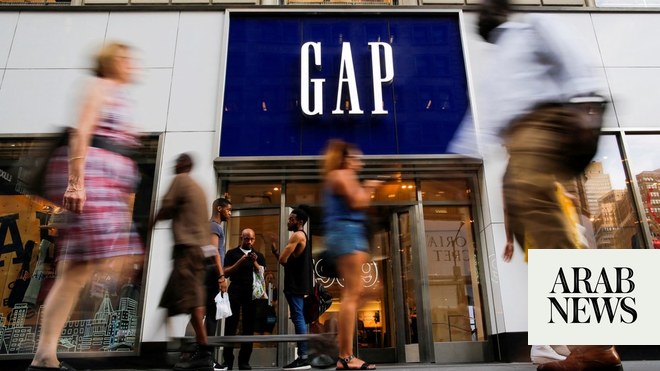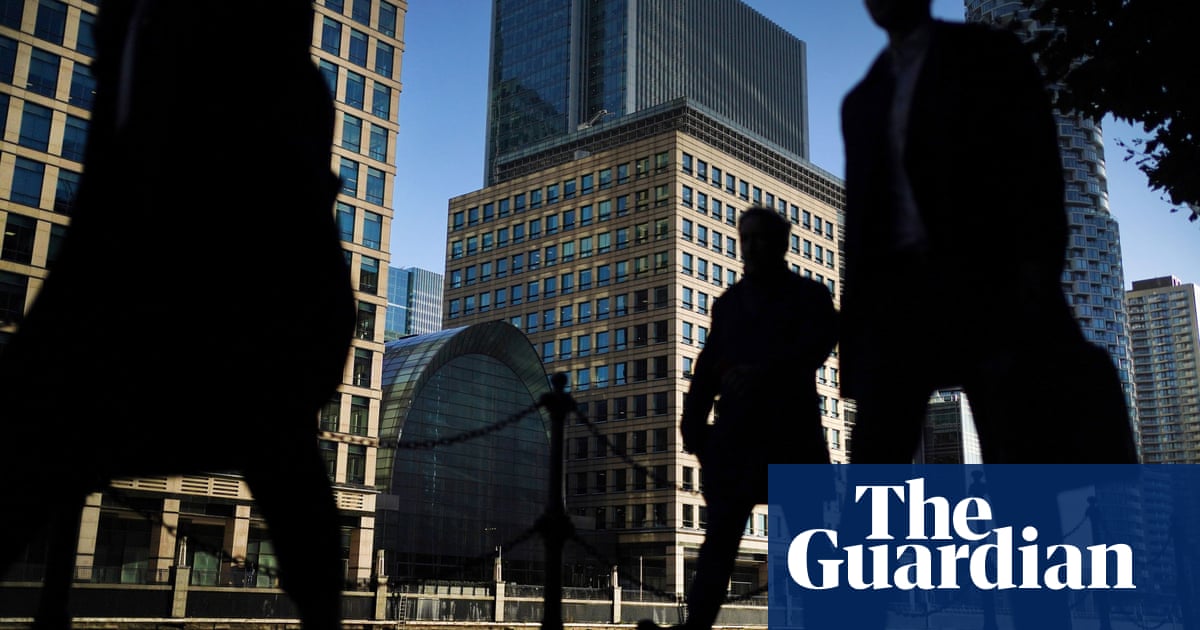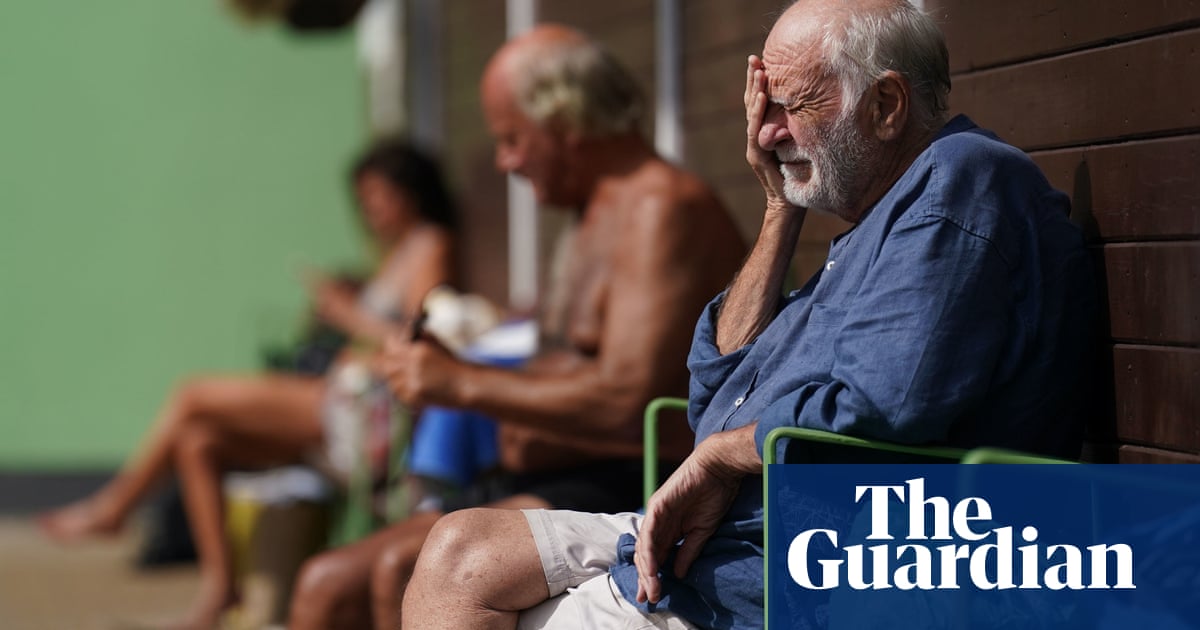
Britain’s economy grew at a record quarterly rate of more than 15% as lockdown restrictions were eased in the summer but the recovery was losing momentum even before new curbs came in, the latest official figures have revealed.
Data from the Office for National Statistics showed that national output expanded by just 1.1% in September – the last month before fresh action was taken to limit the spread of Covid-19.
The ONS said that while the economy had now expanded for five months in a row, the pace of recovery had decelerated. Record growth in the July to September period followed an unprecedented drop of 19.8% in the second quarter and a fall of 2.5% in the first three months of the year.
Gross domestic product – the measure used to gauge the size of the economy – increased by 9.1% in June, 6.3% in July, and 2.2% in August before slowing again in September.
Q&A
What is gross domestic product (GDP)?
Show
The ONS said there was a boost from children going back to school, which had helped support activity, but there was a slowdown in business for pubs and restaurants due to the end of the “eat out to help out” scheme.
Despite the pickup in activity as the economy began to open up in the late spring and summer, the level of national output in the third quarter was 9.7% below where it was in the last three months of 2019.
Britain’s record compares unfavourably with other leading developed countries, most of which saw smaller falls in output in the second quarter and which have recouped more of the lost ground. The US has the least bad record, with GDP 3.5% below where it was at the end of 2019.
Britain has seen a 22.9% rebound in activity since the economy’s low point in April, but in September was still 8.2% below its level when the crisis began in February, the ONS said.
The services sector – which includes hospitality and leisure – has been the hardest hit and remains 8.8% lower than it was before the spring lockdown was imposed. Manufacturing (-8.1%) and construction (-7.3%) are also well below their level in the early part of the year.
Economists said there would be a further blow to the economy from the tougher local restrictions introduced in October and the four-week lockdown for England that began in early November. GDP is expected to fall again in the final three months of 2020.
Dean Turner, economist at UBS global wealth management, said: “In our view, the latest round of Covid related restrictions will lead to a contraction in the final quarter, leaving the economy around 11% smaller than at the start of the year.”
Rishi Sunak, the chancellor of the exchequer, said: “Today’s figures show that our economy was recovering over the summer, but started to slow going into autumn. The steps we’ve had to take since to halt the spread of the virus mean growth has likely slowed further since then.
“But there are reasons to be cautiously optimistic on the health side – including promising news on tests and vaccines. My economic priority continues to be jobs – that’s why we extended furlough through to March and I welcome the news today that nearly 20,000 new roles for young people have been created through our Kickstart scheme.
“There are still hard times ahead, but we will continue to support people through this and ensure nobody is left without hope or opportunity.”
Fresh official forecasts for the economy and the public finances will be published on 25 November to coincide with the unveiling of Sunak’s one-year spending round plan. The chancellor will announce a package of measures to protect jobs and expand public services
Jonathan Athow, the deputy national statistician for economic statistics, said: “While all main sectors of the economy continued to recover, the rate of growth slowed again with the economy still remaining well below its pre-pandemic peak.
“The return of children to school boosted activity in the education sector. Housebuilding also continued to recover, while business strengthened for lawyers and accountants after a poor August.
“However, pubs and restaurants saw less business, after the eat out to help out scheme ended, and accommodation saw less business after a successful summer.”











